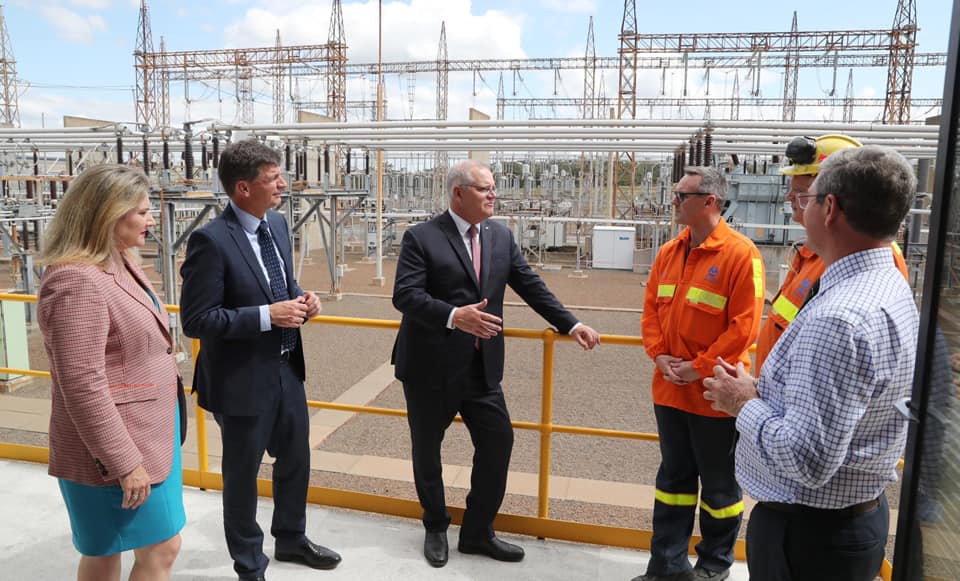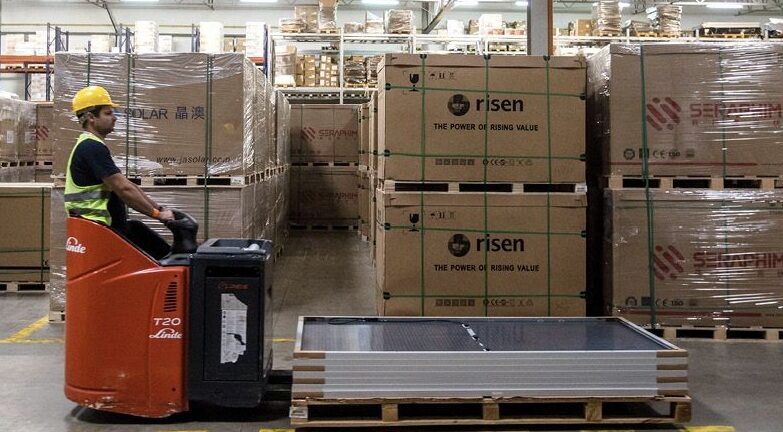In late January, the Australia Institute (TAI) made a pre-budget plea to the Australian government for a AU$460 million (US$336.6 million) top-up of funding for the Australian Renewable Energy Agency (ARENA). Today, the government of Prime Minister Scott Morrison has committed a total funding package of AU$1.62 billion, including guaranteed baseline funding of AU$1.43 billion over the next 10 years.
With an annual baseline of AU$143 million, then, the package does not quite meet the AU$230 million per year between 2022-24 that TAI Energy Policy & Regulatory Lead Dan Cass sees as adequate. The Morrison government’s figures also fall short of the AU$3.3 billion mark demanded by the Australian Industry Group. This is to all say that while the government’s package can be described as an extension, it can just as easily be described as a cut.
ARENA CEO Darren Miller said the agency is “delighted to see ARENA’s important role acknowledged with new funding, and we welcome a new era … ARENA is well positioned to support Australia’s energy transformation and emissions reduction goals.”
In a statement, Shadow Minister for Climate Change and Energy Mark Butler said that while Labor welcomes any additional funding for ARENA, “Morrison again has failed to deliver a broad energy policy that will protect the 11,000 renewable energy jobs that the University of Technology Sydney (UTS) says will be lost without such a policy over the next two years.”
Carbon capture
The government’s new funding package carries with it an expanded remit, including a controversial mandate to invest in carbon capture and storage (CCS) – yet another life-line to fossil fuel generators. This move follows ongoing an ongoing attempt by Energy and Emissions Reduction Minister Angus Taylor to expand the remit of the Clean Energy Finance Corp. (CEFC) to allow it to invest in gas generation.
No doubt, this particular stipulation of a CCS mandate (and a proscribed AU$50 million fund) has the support of Chief Scientist Alan Finkel, who believes CCS is necessary for Australia’s future hydrogen economy. Unfortunately, while Finkel’s argument holds some water, it is not enough water for a hydrogen economy. As Tristan Edis, director of analysis and advisory at Green Energy Markets, told pv magazine Australia, Finkel’s logic is understandable but ultimately counter-productive.
Clean Energy Council CEO Kane Thornton, who has lauded ARENA’s role since its creation in 2011 when he spoke to pv magazine in March, said that the mandate to include CCS “is a disappointing distraction.” However, Thornton added that “the vast majority of this new funding is consistent with the energy industry and investors’ strong commitment to renewable energy and energy storage.”
For the full story, please visit our pv magazine Australia site.
This content is protected by copyright and may not be reused. If you want to cooperate with us and would like to reuse some of our content, please contact: editors@pv-magazine.com.




By submitting this form you agree to pv magazine using your data for the purposes of publishing your comment.
Your personal data will only be disclosed or otherwise transmitted to third parties for the purposes of spam filtering or if this is necessary for technical maintenance of the website. Any other transfer to third parties will not take place unless this is justified on the basis of applicable data protection regulations or if pv magazine is legally obliged to do so.
You may revoke this consent at any time with effect for the future, in which case your personal data will be deleted immediately. Otherwise, your data will be deleted if pv magazine has processed your request or the purpose of data storage is fulfilled.
Further information on data privacy can be found in our Data Protection Policy.